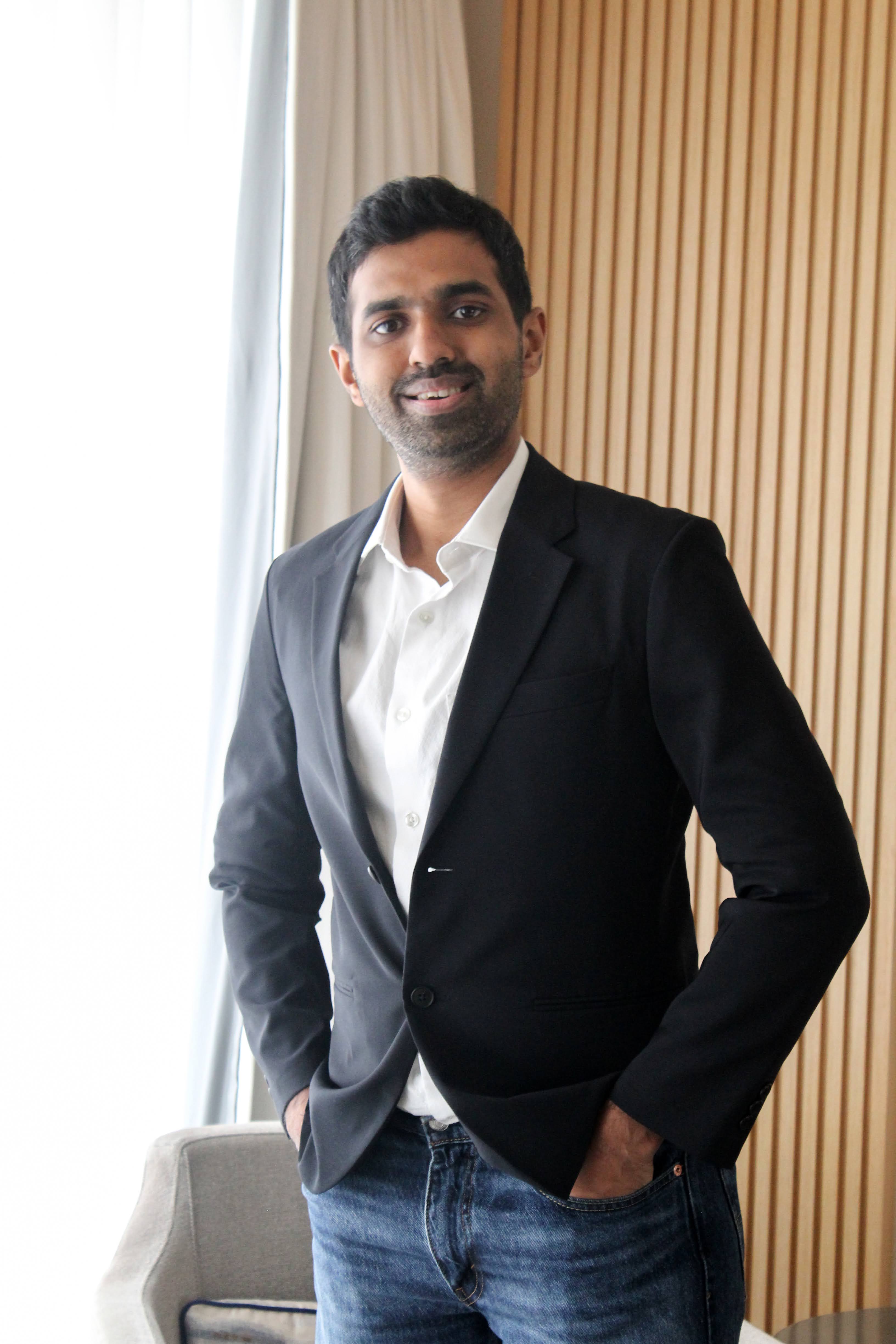
We thank Thom Ives from Integrated Machine Learning & AI for taking part in this interview and sharing several insights, including:
- His personal journey into Data Science and advice to other business leaders
- Data Science and AI advancements and breakthroughs
- Becoming a good data scientist, resources you need to tap onto and inspirations from other leaders
The business needs to be business lead and data driven on business goals.
– Thom Ives
At what point did you realise that you wanted to pursue a career in data science (data & AI), and how did you get into it?
My journey into data science truly began when I decided that I wanted to become a mechanical engineeer. I loved building things growing up, and, even though I struggled in it, I loved Physics in high school. To me, using physical equations IS using data science models. All first principles physics models are built using basic to advanced data science principles.
Over the years though, I saw a change in emphasis in my career from physics to gaining value from data. What we called empirical modeling in engineering is VERY MUCH simply data science principles applied in the engineering and physics realm, so it was a natural transition from my engineering modeling efforts to more data centric principles in the data sciences and arts.
What advice would you give to other business leaders who would like to step into realising data science use cases? What advice should they ignore?
Work closely with your data geeks (datavangelists). Seek to understand at a high level what they do and how they think. Encourage them to listen carefully to the business leaders and find out how their data science skills can help the business. Encourage them to check in frequently and informally on how their work is progressing, so that business leaders and data scientists can course correct on the data science work, and both need to seek the max RETURN ON DATA efforts and goals. The business needs to be business lead and data driven on business goals.
In your opinion, what have been the most relevant breakthroughs in data science impacting our world in the last 1-2 years, and what trends do you see emerging going forward?
Reinforced Learning, Deep Learning Principles such as transformers. However, I would say another great value would be from more and more people mastering the basics and bringing the value of the basics of data visualization, data modeling, and more to our world. MUCH value can be gained by using the basics well.
Going forward, do you see Machine Learning and AI being adopted by the masses? Or do you think it would still be a niche area?
The acceptance and growth will be accepted AND used by the masses for sure in my humble opinion. There needs to be an ever increasing emphasis on mastering the basics before moving onto the more advanced topics for us to reach these points in a healthy way.
Excitement about the field, and the desire to employ ever growing soft skills to find ways to deliver very good data centric solutions and revelations. It’s not enough to be good at only one or the other.
– Thom Ives
What is one book that you would recommend young data scientists to read?
I hate to recommend only one book. I believe we should all learn each thing we need to learn from multiple references, but, if just one, I would have to say Tom Mitchell’s book on Machine Learning. However, as indicated, it’s best to read multiple references and types of references.
I love having a mixture of books, websites, blog posts, YouTube videos and video courses on hand. Learning one topic from multiple instructors is VERY important in my opinion.
What lessons have you learned on getting the company’s bought in to leading through data versus gut?
This is something I’ve had to come to the hard way. I think it’s best to go to your organization’s leaders and find out what they think is most important. Then explore what data is on hand. Then find the best intersection of those two things and start working to help your organization benefit from good exploratory data analyses and take those studies all the way to machine learning and AI when necessary.
What skills and attitudes do you look for when hiring data scientists?
Excitement about the field, and the desire to employ ever growing soft skills to find ways to deliver very good data centric solutions and revelations. It’s not enough to be good at only one or the other. To truly do good work that benefits many, we need to grow our skills in both areas and perhaps more.
Can you name one or two data science leaders that have inspired you?
John Thompson, Gilbert Eijkelenboom, Richard Sutton, Geoffrey Hinton, Yann Lecun, Denis Rothman, my coauthor Ghaith Sankari (love his mind) and truly the entire Open AI team and so many more!
